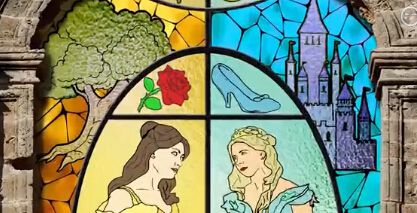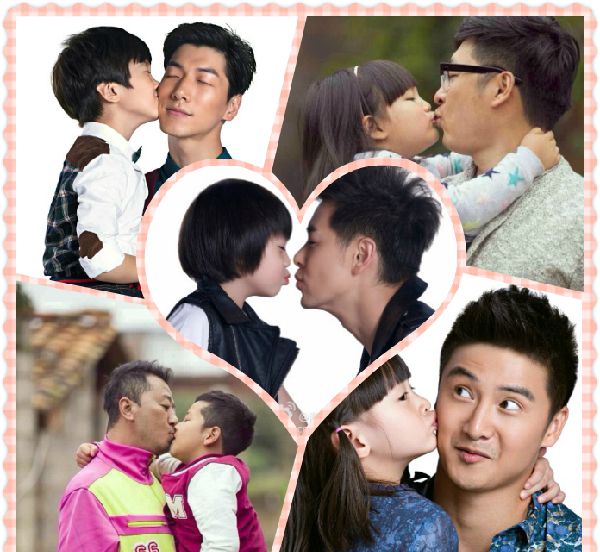复活节的“吉祥物”
|
The Easter Bunny, a popular image of the holiday, originated with the hare, an ancient symbol for the moon. According to legend, the bunny was originally a large, handsome bird belonging to Eostre, the Goddess of Spring. (Eostre is also known as Ostara, a Goddess of fertility who is celebrated at the time of the Spring equinox.) She changed the bird into a rabbit, which explains why the Easter bunny builds a nest and fills it with colored eggs. The first edible Easter bunnies were made in Germany during the early 1800s. They were made of pastery and sugar. At the feast of Eostre, an ox was sacrificed. The ox's horns became a symbol for the feast. They were carved into the ritual bread. Thus originated the "hot cross buns". The word "buns" is derived from the Saxon word "boun" which means "sacred ox." Today, the symbol of a symmetrical cross marked with white icing is used to decorate the buns; the cross represent the moon, the heavenly body associated with the Goddess, and its four quarters. The white lily, the symbol of the resurrection, is the typical Easter flower. The white lily stands for purity. Artists for centuries have pictured the angel Gabriel coming to the Virgin Mary with a spray of lilies in his hand, to announce that she is to be the mother of the Christ child. The lily is also the sign of the Resurrection. The white Madonna lily was used for years as the Easter lily. It often failed to bloom in time for Easter, however, and so Bermuda lilies were substituted. Easter Candles are sometimes lit in churches on the eve of Easter Sunday. Some believe that these can be directly linked to the Pagan customs of lighting bonfires at this time of year to welcome the rebirth/resurrection of the sun God. 彩蛋和兔子是复活节的象征。复活节的传统食品主要有羊肉和火腿。复活兔(邦尼兔):依据欧洲古老的传说,野兔是一种终日不闭眼的动物,它们能在黑夜里,观看四周其它的动物,因此,野兔就代表着那黑夜中一轮皎洁的明月。再加上复活节日子的计算是以春天月圆为基准,于是就将春天繁殖力强的野兔视为复活节的一个象征。这习俗传入美国后,美国人还为兔子取了一个可爱的名字,叫它复活节的邦尼兔呢!复活彩蛋:自十二世纪起,欧洲许多国家人民开始有互相赠送复活蛋的习俗。蛋,象征新生命。坚硬的蛋壳无法限制里面正在孕育的新生命。耶稣基督为了我们的罪而钉死在十字架上,葬在坟墓里,但坟墓无法关住他。他第三天复活了,使凡相信他的人,因此而得到新的生命。蛋,便成为复活节常用的象征物之一。蛋乃意味着春天的到来及新生命的诞生,并象征着耶稣从死里复活走出石墓。百合花:百合花象征神圣与纯洁。人们喜爱以在春天、复活节左右盛开的百合花来代表耶稣基督的圣洁。而形状像只喇叭的百合花,也像是正大声宣扬耶稣基督复活的好消息。 |








